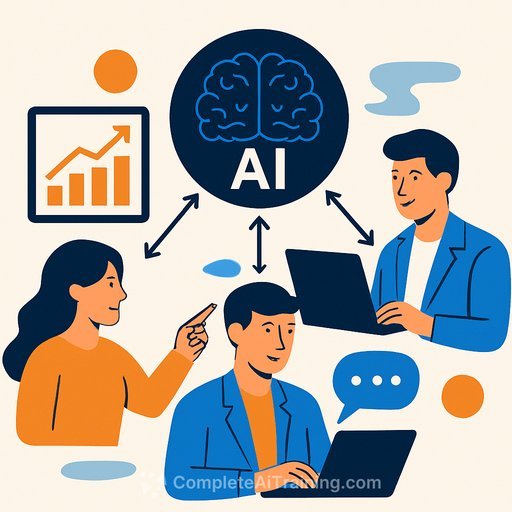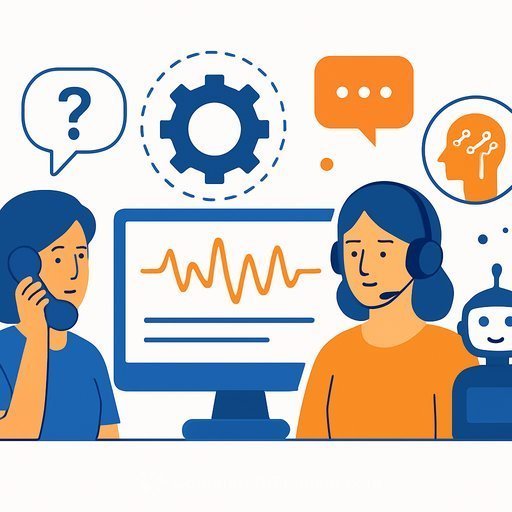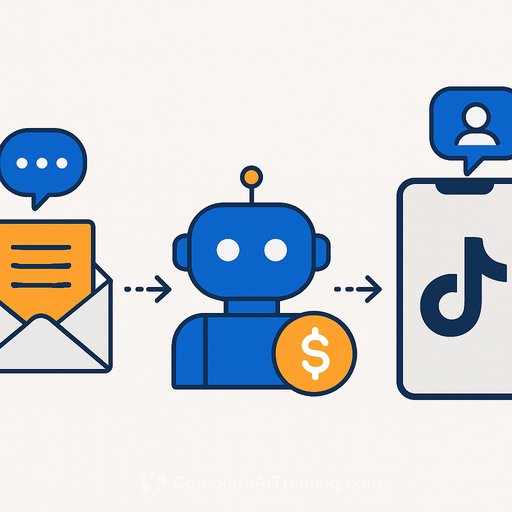Oracle embeds AI agents across Fusion Cloud: what Customer Support needs to know
Oracle is rolling out embedded AI agents across Fusion Cloud, included in existing subscriptions. For support leaders, this matters because these agents automate the manual, reactive work that slows down response times and drives burnout. They act on their own, then flag exceptions that need human judgment.
The result: faster triage, cleaner tickets, fewer repeats, and clearer escalation paths. You keep control; the agents handle the busywork.
The six service agents (and where they help)
- Triage Agent: Classifies by product, category, severity, and sentiment to prioritize queues. Expect tighter SLA adherence and fewer misroutes.
- Self-Service Agent: Guides customers to answers and fixes. Reduces contact volume while improving resolution confidence.
- Service Request Creation Agent: Converts chats, calls, and emails into structured tickets. Eliminates copy-paste, improves data quality at intake.
- Work Order Agent: Generates pre-filled draft work orders. Speeds handoffs from support to field service or backline teams.
- Service Request Clustering Agent: Groups similar issues to reveal patterns and recurring defects. Enables rapid problem management and knowledge updates.
- Escalation Prediction Agent: Spots cases likely to escalate so you can intervene early. Helps with staffing, callbacks, and executive visibility.
What this means for your queue
Intake and triage become consistent, fast, and data-rich. Forecasting improves because you can see which issues repeat and which cases are risky.
Deflection gets smarter as the self-service agent learns from resolved cases. Field work moves sooner with stronger work order drafts and fewer back-and-forths.
Data and workflow notes
These agents run best on clean product catalogs, clear severity definitions, and current knowledge articles. Review routing rules, entitlement logic, and permissions so agents don't overstep or stall.
Set guardrails for when to auto-resolve vs. escalate. Keep audit trails on, and track exceptions the agents surface-those are your next process improvements.
Marketing and Sales also get agents-why support should care
- Marketing agents: prioritize accounts likely to buy, identify buying roles, and qualify target groups. Better targeting means fewer mismatched promises landing in support.
- Sales agents: assist with quotes, product and price details, contracts, and lead follow-up. Expect clearer expectations set upstream and fewer "surprise" requests downstream.
When sales and marketing get sharper, support sees cleaner handoffs, more accurate product info, and lower noise in the queue.
30-day preparation checklist
- Standardize categories, severities, and product mappings across all channels.
- Refresh top 50 knowledge articles tied to highest-volume intents.
- Define exceptions: what the agent can auto-close, when to route to humans, and who owns follow-ups.
- Enable sentiment capture on tickets and verify it flows into reports.
- Connect chat, email, and telephony so ticket creation is consistent.
- Pick three KPIs to prove impact: FRT, SLA attainment, deflection rate, or reopened rate.
- Run a pilot on one product line; review exceptions weekly; update playbooks.
Where to learn more
See how Oracle positions Fusion Cloud Customer Experience and service capabilities here: Oracle CX.
If you're upskilling a support team on AI-driven operations and automation, explore role-focused training here: Complete AI Training - Courses by Job.
Your membership also unlocks:





